Palliative Medicine
Here at Hospice of The Piedmont, we offer in-home palliative care for our patients who suffer from severe illnesses to improve their overall well-being, help to manage their symptoms, and ease the discomfort associated with these illnesses.
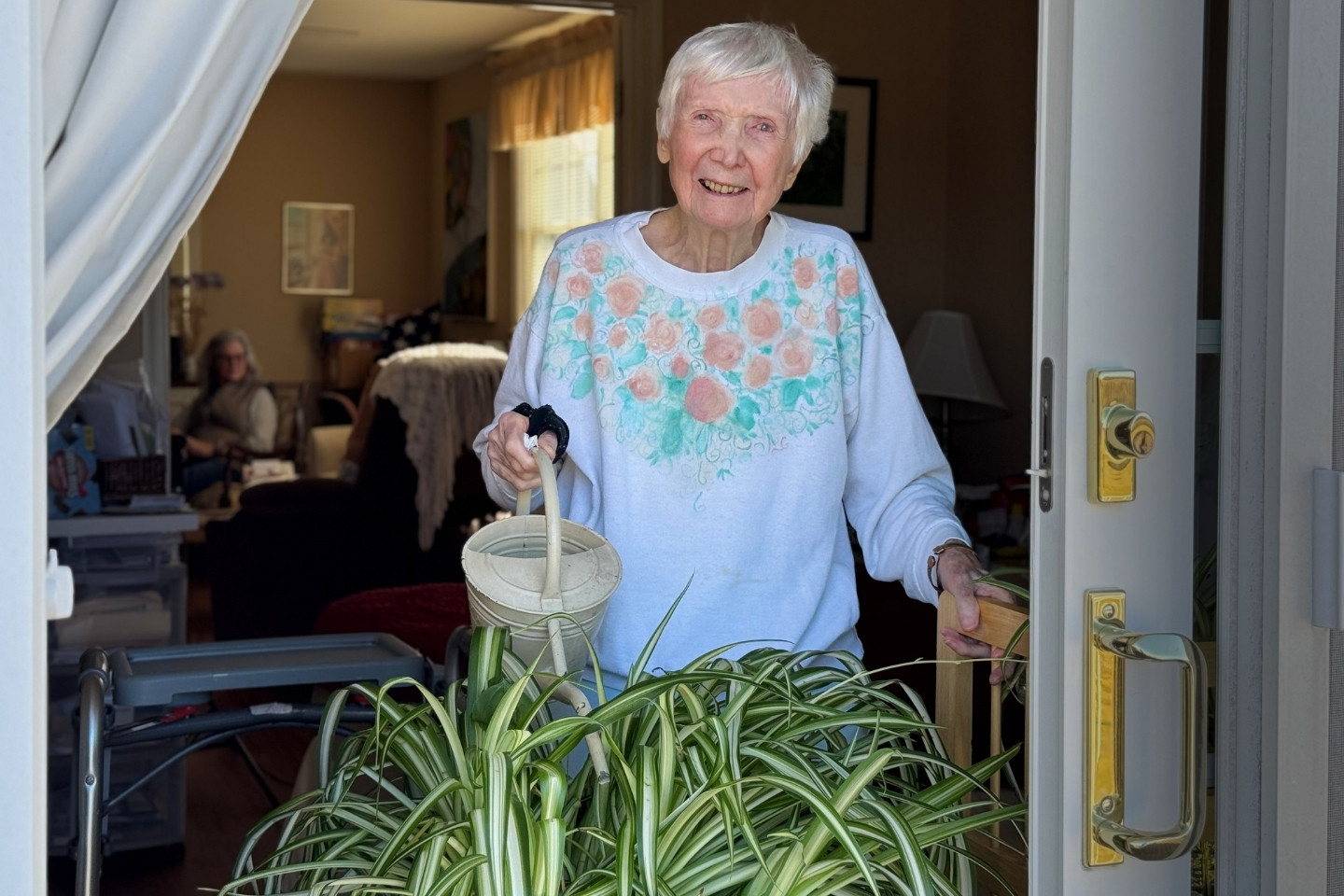
What is Palliative Medicine?
Palliative Medicine is a specialized type of medical care that focuses on improving comfort and quality of life while a patient undergoes treatment for an advanced or serious illness. For our community-based Palliative Medicine program, we organize care for patients with chronic illnesses and treat symptoms of advanced illnesses like pain, nausea, fatigue, shortness of breath, anxiety, and more. You can continue to pursue curative treatment while receiving palliative care services.
Our Palliative Medicine team at Hospice of the Piedmont focuses on delivering patient and family-centered care. We help you navigate your treatment options, make an advance care plan, and connect with community resources that will benefit your quality of life. Our team addresses the physical, emotional, and spiritual needs of patients with advanced illnesses, as well as provides support to their families and loved ones. Our palliative care nurse practitioners communicate and collaborate with your primary care provider to ensure you stay comfortable and feel connected to your existing care team.
To learn more about our in-home palliative care, ask your doctor about arranging a Palliative Medicine consultation, or contact us at Hospice of the Piedmont today.
-
Who can benefit from Palliative Medicine?
Regardless of a patient’s age or diagnosis, our palliative care services are available to anyone, at any stage of an illness. Patients can receive care from the initial time of diagnosis through treatment and beyond.
When organizing care for patients with chronic illnesses such as cancer, heart disease, lung disease, kidney disease, Alzheimer’s, ALS, and Parkinson’s, our team at Hospice of the Piedmont focuses on treating symptoms and overcoming additional challenges associated with these advanced illnesses. Patients starting a palliative care program can still pursue curative treatments like chemotherapy, radiation, dialysis, or transfusions from their other healthcare providers.
Many patients benefit from receiving in-home palliative care because it’s provided in familiar surroundings, giving them a sense of security. Our patients can find comfort in their homes, accompanied by their loved ones, without struggling to adjust to a new place, routine, or new faces while receiving treatment.
If you’re unsure what services would be best for you or your loved one, our Palliative vs Hospice PDF guide can answer many of your questions regarding the differences between hospice and palliative care services.
-
When should someone be offered Palliative Care?
Our Palliative Medicine program at Hospice of the Piedmont is best suited for patients who want to continue to live independently and receive palliative care services wherever they call home, instead of in a hospital setting. Whether home is where you’ve lived for decades, a nursing home, an assisted living facility, or a continuous care retirement community, the Hospice of the Piedmont team will bring our patient and family-centered care expertise to wherever you are.
-
Starting a Palliative Care program
If you are interested in starting a palliative care program, ask your doctor about arranging a Palliative Medicine consult, or give us a call at 434-423-0700 and we’ll request the order from your doctor for you. If you opt to participate in the Palliative Medicine program, you’ll receive in-home palliative care visits from a physician or palliative care nurse practitioner.
Most individuals receive palliative care services on a fluctuating frequency based on need. That could mean one or two times a month at first and then less often until your needs increase. Community-based palliative care can be personalized to fit the individual needs and preferences of the patient and can be provided on a schedule that is convenient to both the patient and all of those involved.
If you or someone you know is considering palliative care services, read more about why choosing Hospice of the Piedmont is the right move for you.
-
Palliative Medicine Billing and Insurance
Depending on individual plans, palliative care may be covered by your insurance. Our services are covered by Medicare, Medicaid, and most private insurers.
We do not use the hospice insurance benefit at all for our Palliative Medicine services. For in-home palliative care visits from our medical team, we bill Medicare Part B and other insurance plans as specialty visits (much like cardiology or oncology are specialist visits). Palliative Medicine does not conflict with Part A billing (home health or skilled care facility) or other provider visits.
This means when starting a palliative care program, patients can still have insurance coverage for hospitalizations, home health services, provider visits, and rehab in a skilled nursing facility. When receiving palliative care services, you can use insurance for any life-prolonging treatments like chemotherapy, radiation, dialysis, or transfusions, while also accessing extra support from Palliative Medicine consults to address troubling symptoms and discussions about goals of care.
For patients who have served our country, learn more about Veterans’ Services and coverage here at Hospice of the Piedmont.
Meet our Palliative Medicine Team
Our team consists of our Chief Medical Officer, palliative care nurse practitioners, and a licensed clinical social worker who offer in-home palliative care for patients across our 12-county service region.
This team of medical and administrative professionals works together to provide palliative symptom management and advance care planning for our patients receiving palliative care services. They play a critical role in providing compassionate patient and family-centered care for those with advanced illness, as well as helping to improve the quality of life for them and their loved ones during a challenging time.
Are you passionate about providing care and making a difference in someone’s life? Check out our Careers Page to learn more about joining the Hospice of the Piedmont team.
Chief Medical Officer
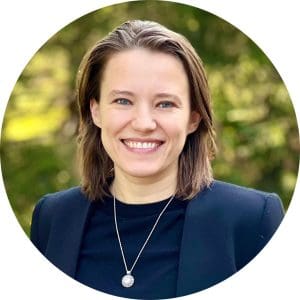
Alina Fomovska
MD, HMDC, HEC-C
Chief Medical Officer
Dr. Alina Fomovska joined Hospice of the Piedmont in January 2023 as a Medical Director, and was promoted to Chief Medical Officer in June 2023. She is a dual-board certified physician specializing in both Emergency Medicine and Hospice and Palliative Medicine. She is committed to promoting excellent end-of-life care across all patient care settings. She has a strong academic experience in medical education, teaching at both Undergraduate and Graduate Medical Education levels. Prior to coming to Hospice of Piedmont, Dr. Fomovska served as an Assistant Professor at the Thomas Jefferson University in Philadelphia. Her academic focus is on the ethics of end-of-life care, and she is Healthcare Ethics Consultant certified by the American Society of Bioethics and Humanities. She is a graduate of the Icahn School of Medicine at Mount Sinai in New York, and completed her residency in Emergency Medicine at the University of California San Francisco. In 2020, she completed a Fellowship in Hospice and Palliative Medicine at the University of Virginia.
Nurse Practitioners
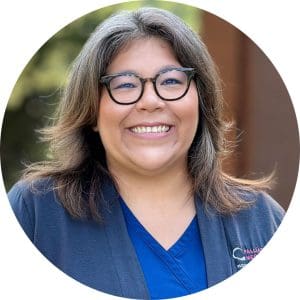
Rachael Ann Anderson
DNP, APRN, NP-C, ACHPN
Nurse Practitioner
Rachael Ann Anderson joined Hospice of the Piedmont in November 2023 as a Nurse Practitioner specializing in palliative medicine. She holds a nursing degree from George Mason University and a Doctorate of Nursing Practice from the University of Alabama. Prior to joining HOP, she initiated an outpatient palliative program in the Fredericksburg area with Affinity Care of Virginia and worked for Mary Washington Healthcare.
Rachael Ann teaches nursing and health sciences at Germanna Community College, advocating for end-of-life education in nursing. Outside work, she enjoys crafting, attending her son’s sports events, watching sci-fi and fantasy movies with her family, and being a mom. She values HOP’s dedicated focus on hospice and palliative care, and its incredible patient resources.
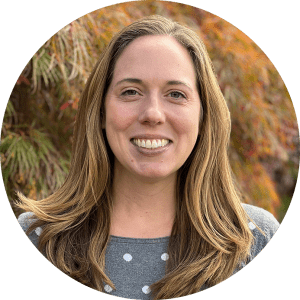
Sarah Brown
MSN, RN, NP-C
Nurse Practitioner
Sarah Brown earned her bachelors in nursing at York College of Pennsylvania and then worked for 10+ years in acute care settings. She then achieved her FNP degree at Marymount University and subsequently worked for 7 years in internal medicine, primarily with geriatrics in long-term-care settings.
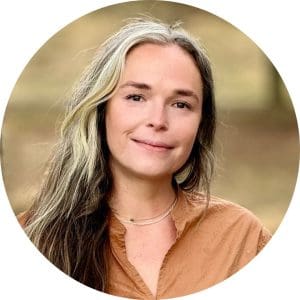
Rachel Hess
DNP, APRN, AGPCNP-BC
Nurse Practitioner
Rachel Hess is a doctorally-prepared, ANCC board-certified Advanced Practice Registered Nurse specializing in Adult-Geriatric Primary Care. She has a strong background in academic excellence, having attended both the University of North Carolina at Chapel Hill and Emory University. She has worked in an array of clinical settings, including large academic-medical centers such as Duke University Hospital and Emory University Hospital, in addition to smaller technology-driven healthcare startups and non-profit community-based clinics. She is grateful to participate in the deeply complex and meaningful work of palliative medicine since joining Hospice of the Piedmont.

Erin Marley
APRN, FNP-BC
Nurse Practitioner
Erin received both her bachelor’s and master’s degrees from the University of Virginia and brings 20 years of experience as a family medicine nurse practitioner. Having worked at Hospice of the Piedmont 15 years ago, she is excited to return and join the Palliative Medicine team. She feels honored to walk alongside patients and families, helping them navigate the physical and emotional challenges of serious illness with compassion and care. Outside of work, she enjoys walks in the woods, reading by the fire, and spending time with her family.
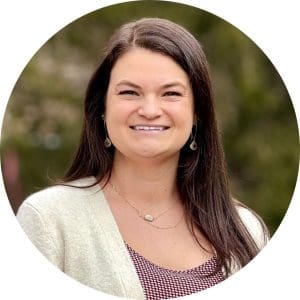
Eva Rellins
MSN, FNP
Nurse Practitioner
Eva Rellins joined Hospice of the Piedmont in 2024, bringing with her a rich background in nursing and patient care. Originally from Virginia Beach and raised in Broadway, Virginia, Eva started her nursing career at UVA Health after earning her Bachelor of Science in Nursing from Jefferson College of Health Sciences in 2015. She worked as a registered nurse in cardiothoracic surgery and later in oncology as an infusion RN at the Cancer Center.
In 2021, Eva expanded her expertise by obtaining a Master of Science in Nursing as a Family Nurse Practitioner from Radford University Carilion. Prior to joining Hospice of the Piedmont, she was part of the Urology Department at UVA Health, focusing on kidney, prostate, and urologic cancers.
Outside of work, Eva loves playing with her dogs – two beagles (Bandit and Priss) and one Beagle Mix (Sam).
Nurse and Social Worker
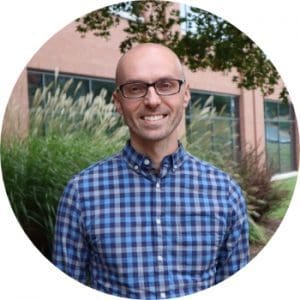
Michael Williamson
MSW, LCSW
Licensed Clinical Social Worker
Michael Williamson has worked in hospice and palliative care services for more than 11 years and in other social service capacities, including acute mental health care and disability services, since 2008. He earned his Licensed Clinical Social Worker licensure in 2017 and has been a Licensed Social Worker since 2012. He earned his Bachelor of Arts in Social Work and Counseling from Franklin Pierce University in 2007 and his Master of Science in Social Work from the University of Texas, Austin, in 2012.
Administrative Support Staff
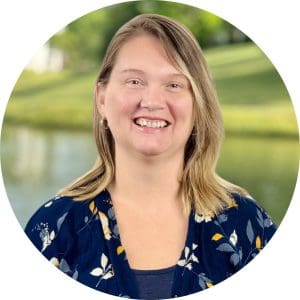
Amanda Humphries
Administrative Specialist